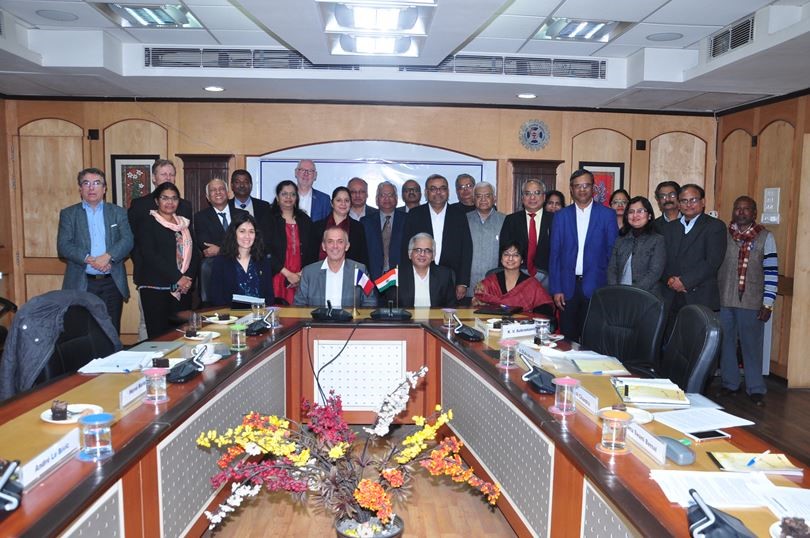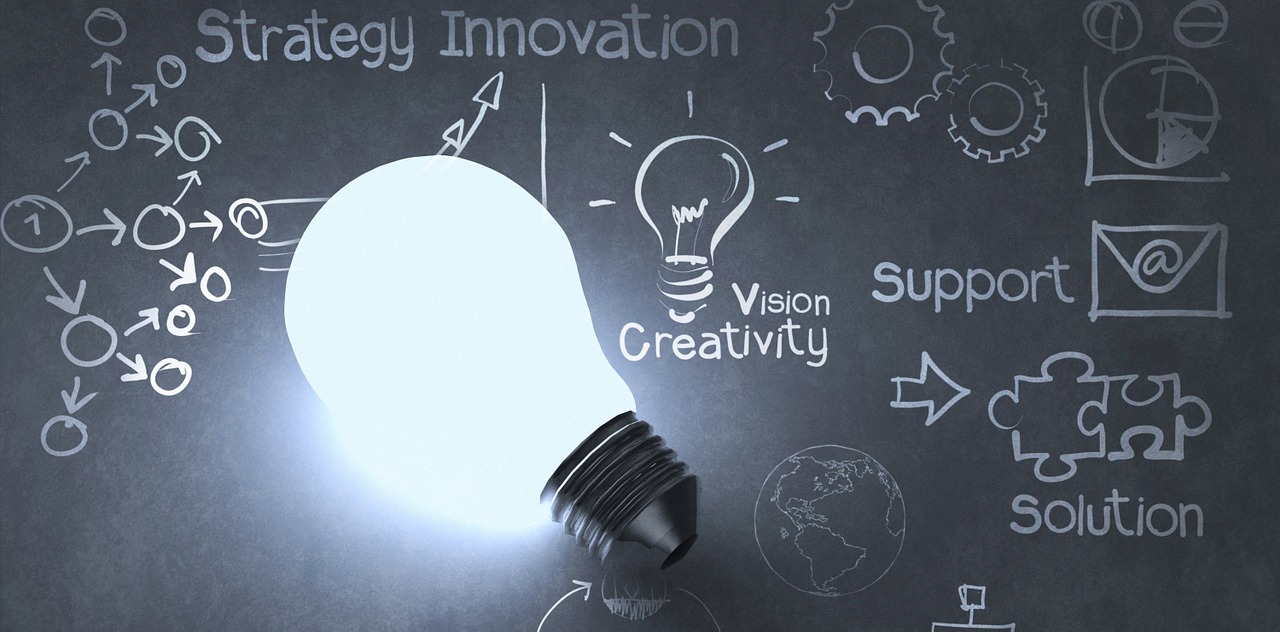
Research Stash Weekly Review #50
- Weekly Review
- 2.3K
Weekly Review #50 – Summary of the latest news in science and technology research across the world, carefully handpicked by team Research Stash
Zurich researchers develop world’s smallest stent
According to the Federal Institute of Technology in Zurich (ETH Zurich), the new micro stents, which are 0.05mm wide and 0.5mm long, could be used to help widen life-threatening constrictions of the urinary tract in fetuses in the womb. Read More
Scientists can now control thermal profiles at the nanoscale
At the human scale, controlling temperature is a straightforward concept. Turtles sun themselves to keep warm. To cool a pie fresh from the oven, place it on a room-temperature countertop. Read More
Astronomers have discovered the largest black hole ever observed
galaxy some 700 million light-years from Earth. It is so big that astronomers think it could be imaged by the same radio telescope array that produced the first picture of a much smaller black hole earlier this year. Read More
NASA Scientists Create Biomarker for the Sleep Deprived
Every year in the United States alone, 100,000 deaths occur each year in hospitals due to medical errors and sleep deprivation has been shown to make a significant contribution. It is estimated that 27% of Americans have trouble sleeping while roughly 164 million suffer from sleep-related issues each week. Read More
Blue light from phones, tablets could accelerate blindness and hurt vision, study finds
The blue light beaming from smartphones and tablets is changing cells in our eyes that could accelerate blindness, according to a study. Read More
Researchers Solve Puzzle of Origin of Life on Earth
Life on Earth arose about 4 billion years ago when the first cells formed within a primordial soup of complex, carbon-rich chemical compounds. Read More
Newly Discovered Proteins Could Explain The Power Of Gut Bacteria
The human gut contains trillions of microorganisms. In fact, it’s home to 10 times more bacteria than human cells. These residents play a remarkably important role in our body, from boosting our immune system to even affecting our behavior and personality. Read More
A planetary telescope would use Earth’s atmosphere as a giant lens
The “terrascope” could outperform the light-gathering power of any feasible ground-based telescope. Read More
Anorexia May Be Linked to Metabolism, a Genetic Analysis Suggests
Anorexia has one of the highest mortality rates of any psychiatric disorder, and scientists are still perplexed by its causes. Now, however, a new study has examined the genomes of tens of thousands of people and identified eight chromosome locations that may increase vulnerability to the illness. Read More
A new type of electrolyte could enhance supercapacitor performance
Supercapacitors, electrical devices that store and release energy, need a layer of electrolyte — an electrically conductive material that can be solid, liquid, or somewhere in between. Now, researchers at MIT and several other institutions have developed a novel class of liquids that may open up new possibilities for improving the efficiency and stability of such devices while reducing their flammability. Read More
If you liked this article, then please subscribe to our YouTube Channel for the latest Science & Tech news. You can also find us on Twitter & Facebook.


